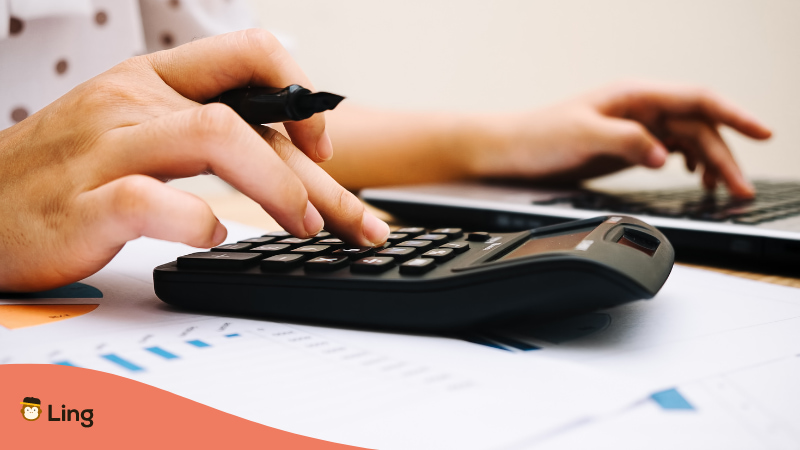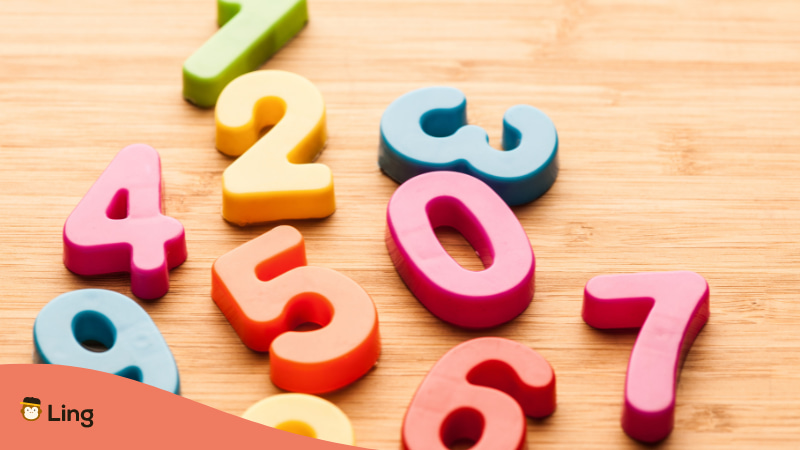Are you planning to travel to Denmark soon? Then knowing the basic Danish phrases is important. Denmark is a beautiful country with warm people. To make your stay more enjoyable, we suggest you equip yourself with the basic Danish words and phrases to help you navigate your way around and even start meaningful conversations with the locals.
So, if you are ready to learn the common Danish phrases, let’s get started.
What Is The Danish Language?
To start off, let’s take a look at the Danish Language. For starters, the Danish language is part of the Scandinavian languages, also known as the North Germanic language. It is widely spoken in Denmark, with over six million speakers worldwide. The Danish language also serves as the official language of Greenland.
Are you learning this as a foreign language? One thing to take note of if you are planning to learn the Danish language is the vowels. The Danish language has nine vowels that are divided into up to 12 vowel phonemes, which may be confusing for initial language learners but is easy to master. Although Danish is not a phonetic language, it emphasizes stress in some specific words.
Overall, if you are thinking of learning the Danish language, you have nothing to worry about. Danish is one of the easiest languages to learn for English speakers, thanks to its simple alphabetical structures, grammatical rules, and easy pronunciation. Getting the right resources guarantees that you will learn Danish in no time. One app we’ve found very useful for learning Danish is the Ling app, and we will talk about this application later in the article.

Basic Danish Phrases To Know
Now let’s take a look at the basic Danish phrases you should know when you are traveling or relocating to Denmark. They are simple and short, and every native speaker understands these phrases.
What Is A Typical Danish Greeting?
Hej is acceptable during any hour of the day as its English equivalent is Hello. It is used by a lot of Danes to greet each other, especially the young generation. However, if you want to sound formal, you can greet them depending on the time of the day.
Good morning – God morn
The Danish phrase for good morning is god morn, and it can be used to greet a stranger in the early hours of the morning, but you can also use Hej in informal situations.
Good afternoon – God eftermiddag
The sun is out? Then feel free to use god eftermiddag or god dag.
Good day – Goddag
Goddag fit into any time of the day, especially afternoon time. So, if you can’t remember any of the greetings. You can easily say goddag which sounds similar to the English language anyway.
Goodbye – Farvel/Hej
In Denmark, Hej can also be used for goodbye. Alternatively, saying Farvel is also acceptable in almost all parts of Denmark.
How are you – Hvordan har du det?
The next popular greeting is to ask if the person is doing well. This is a way to show that you care about their day and want to know if they are really fine. Well, not to worry, Danes won’t sit you down to tell you about everything they are facing except you are a close friend.
Good, thanks – Godt, tak
You will often hear Godt, tak as the response to Hvordan har du det? and this means Good, thanks. So, when a stranger asks if you are doing fine, you can reply with a simple “good, thanks.”
What is your name? – Hvad hedder du?
Let’s say you meet a new friend in Denmark, and you want them to introduce themselves. Then you can start by asking their names. Hvad hedder du means “What is your name?,” and they will likely tell you. Keep this phrase in mind in case someone asks you.
My name is… – Jeg hedder…
While some Danes will just mention their name directly without saying Jeg hedder, some may respond with my name is… Jeg hedder means my name is, and you can easily use that if you want to tell someone else your name.

Where are you from? – Hvor er du fra?
If you are a foreigner, of course, Danes will want to know where you are from, especially if you can’t speak Danish or your accent is different. Not to worry, it is a polite question, and you can feel free to answer. Hvor er du fra means where are you from.
I am from… – Jeg er fra…
Jeg er fra America means I am from America, so an ideal reply to the above phrases is Jeg er Fra.
Thank you – Tak
Did you just receive a kind gesture from a Dane (they are naturally warm people anyway)? You can express your gratitude by saying tak.
You are welcome – Selv tak
If someone is thanking you, you can say Selv tak to show that you appreciate their gratitude.
Excuse me – Undskyld mig
If you need to get someone’s attention, maybe in a restaurant or market, saying undskyld mig is a great way to let them know you want to speak to them.
Do you speak English? – Taler du engelsk?
If you can’t speak so much Danish and you want to find out if someone speaks English, you can say Taler du engelk, and the person may reply with Ja or Naj, meaning yes or no, respectively.
I don’t understand that – Det forstår jeg ikke
Imagine a stranger coming up to you and speaking Danish right away (we have been guilty of that before). You can’t blame them. They are warm people and may believe you also speak Danish, especially if you look like a Dane. You can easily say det forstår jeg ikke to let them know that you don’t have a clue of what they are saying.
Where is… – Hvor er…
If you are looking for a place, you can start your sentence with Hvor er. Let’s say you are looking for the restroom. What you will say is hvor er toilette.

How much is this? – Hvor meget er det?
Vacation is not complete without shopping! Whenever you want to know how much a thing costs, you can say Hvor meget er det or Hvor meget koster det, which means how much does it cost?
Can I have the bill please? – Kan jeh få regningen tak?
Just finished eating in a restaurant or shopping and you want to know your bill, Kan jeh få regningen tak is the right phrase.
Yes – Ja
A way to show your consent is to say Ja, which means yes
No – Nej
A way to show your disagreement is Nej, which means NO
Days Of The Week
We’ve explored some common words that you should keep close to. Let’s also look at the basic words for the days of the week in Danish. Knowing the days of the week can be helpful during your travel, especially if you want to make an appointment. Let’s take a look!
| English | Danish |
|---|---|
| Sunday | Søndag |
| Monday | Mandag |
| Tuesday | Tirsdag |
| Wednesday | Onsdag |
| Thursday | Torsdag |
| Friday | Fredag |
| Saturday | Lørdag |

What Are The Danish Numbers From 1 To 10?
There are times when we want to buy more than one piece or order more than one thing. Knowing the Danish numbers can come in handy.
| English | Danish |
|---|---|
| One | En |
| Two | To |
| Three | Tre |
| Four | Fire |
| Five | Fem |
| Six | Seks |
| Seven | Syu |
| Eight | Otte |
| Nine | Ni |
| Ten | Ti |
Other Useful Danish Phrases You Should Learn
| English | Danish |
|---|---|
| Bus stop | Busstoppested |
| Train station | Tog station |
| Airport | Lufthavn |
| WAter | Vand |
| Entrace | Indgang |
| Exit | Udgang |
| Help | Hjælp |
| Call the police | Ring til politie |
Did You Learn More Danish Phrases?
With these basic phrases, you can have an enjoyable vacation in Denmark! Ensure you have fun while you’re on the go, at your hotel, or with Danish friends. If you are interested in taking your Danish learning journey a step higher, then there is a great language-learning app that you will find useful!
Keep Learning Danish With The Ling App
The Ling app comes with loads of effective features targeted at teaching Danish language learners core skills such as reading, writing, speaking, and listening. With just 10 minutes per day, you can move from a beginner to a fluent speaker in a short period.
It comes with thoughtful grammar lessons, interactive quizzes, games, a chatbot to improve speaking, and loads of resources to teach you the culture and lifestyle of Swahili speakers. In addition, the Ling app teaches overs more than 60+ languages.
So, what are you waiting for? Download the Ling app from Google Play or Apple Store today!




















